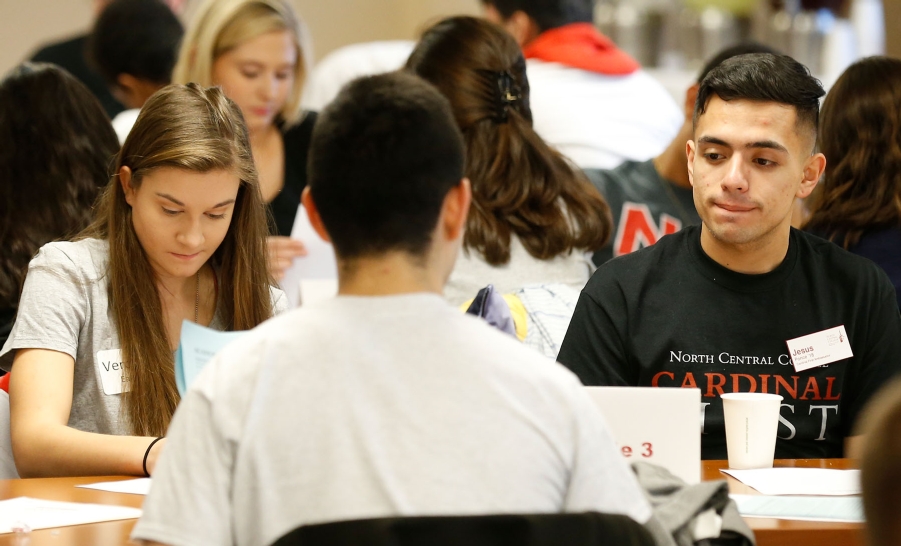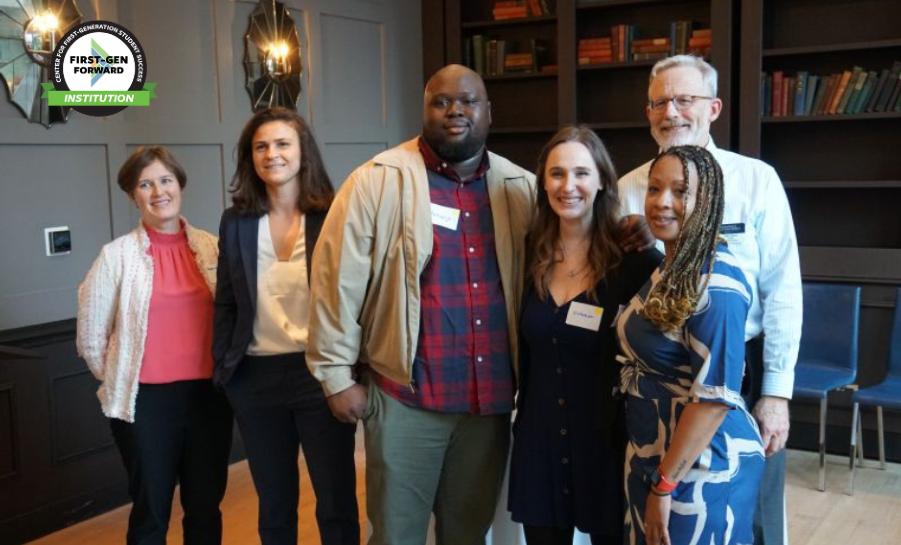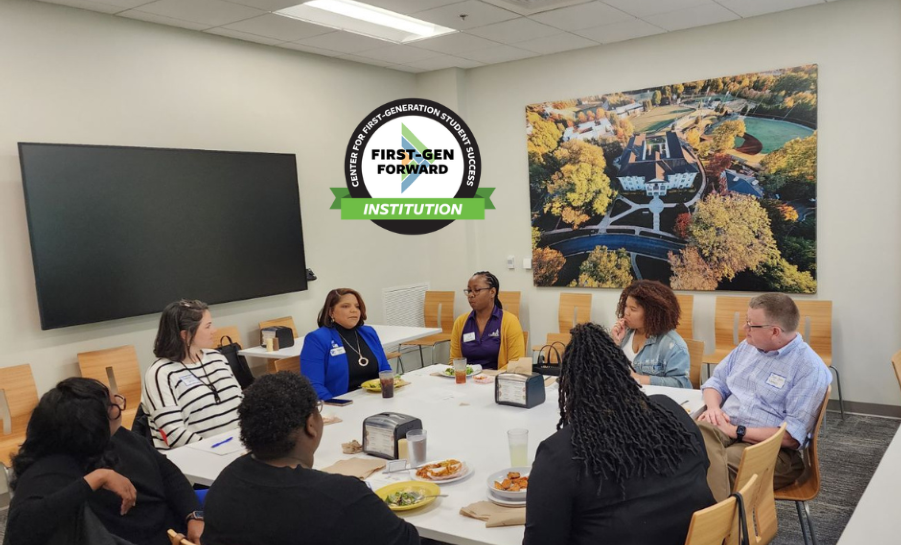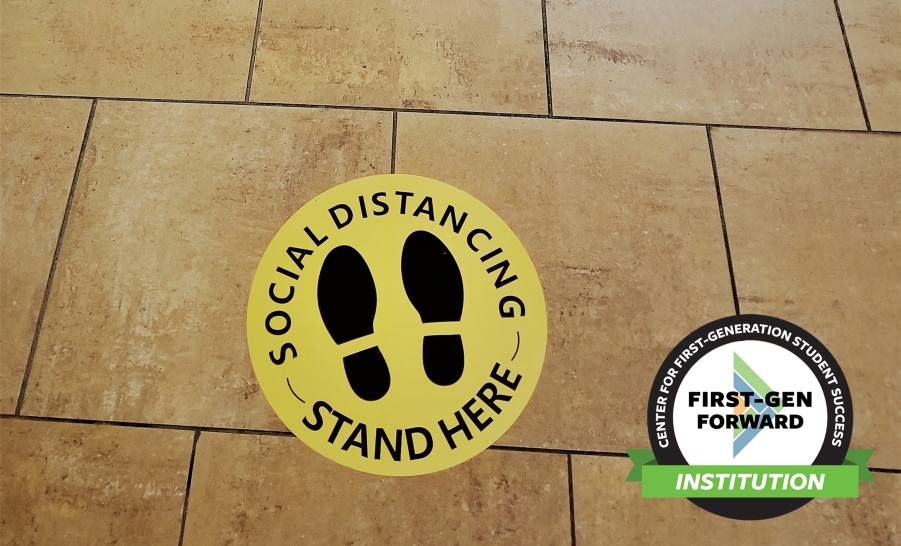Systemic Change Through Inclusion
Jenny Watts MA, Tarleton State University / FirstGen Forward / October 09, 2019
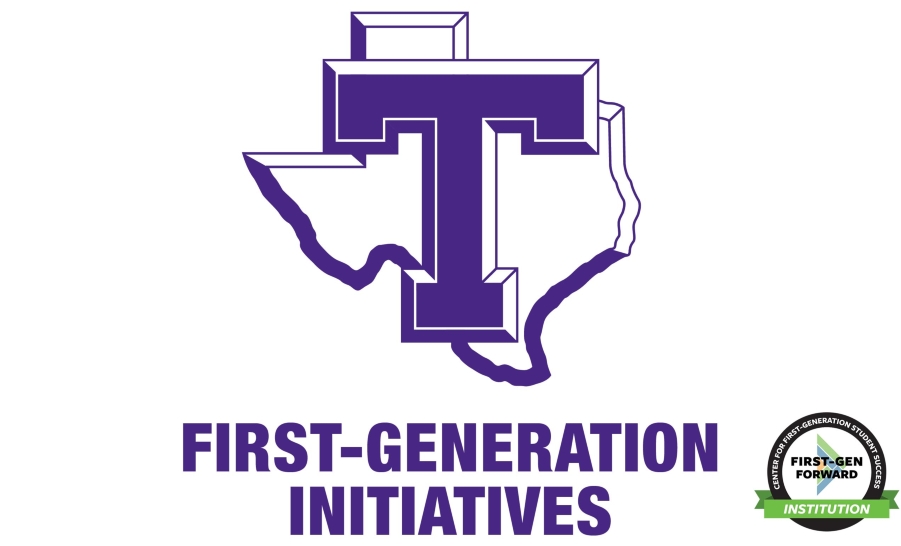
Recently at a division staff meeting, I was telling our team about upcoming events planned for our First Generation Initiatives. It was one particular First Gen event that sparked somewhat of a debate among my colleagues. The event occurred during Transition Week where we held a networking luncheon for first-generation students to receive VIP access to student success services such as tutoring and mentoring. One of my colleagues, who is not first-gen, thought that it was a great event but voiced the opinion that the event felt exclusive. Admittedly, I was dumbfounded with the inference that being first-gen somehow gained students access to privileges in higher education. Clearly it was lost on my colleague that identifying as a first-generation college student is often coupled with a lack of understanding in how to navigate postsecondary processes and more importantly not knowing about or knowing how to access services in order to be successful in higher education.
Sadly the lack of understanding of our first-generation students is common at our institution despite the fact that our first-generation student population represents over half of our student body. So, how do you change the systemic culture of your institution that does not understand the barriers it imposes on half of its student population? How do you balance promoting inclusion for first-gen students without inadvertently alienating them from their peers? These questions bring me back to my colleague who struggled to understand the experiences of first-generation students and the invaluable nature of inclusive initiatives on our campus.
Perhaps my colleague had a point. Well, really more of an inadvertent point. After all, one of the main goals of our institution’s First Gen Initiatives is to raise awareness of our ever-growing first-gen population. Our mission is to shed light on the challenges that our first generation students face, and to celebrate the strengths, diversity, and perspective that first-gen students bring to our campus. Wouldn’t this be better accomplished through inclusion? Including everyone in the First Gen conversation is the best way to raise awareness and make systemic changes that ensure our first-generation students thrive and succeed at our institution.
Inclusion means we invite first-gen students and friends to events.
Inclusion means identifying and organizing first-generation faculty and staff to lead conversations and advocate for change in institutional processes.
And yes, inclusion even means including non first-generation faculty and staff in First Gen Initiatives so that they can collaborate and contribute to the work of advancing first-generation student success.
Balancing advocacy and inclusion can be a delicate business and I think we tend to generalize that first-generation faculty and staff are better equipped to lead first-gen initiatives and maybe that is a reasonable conclusion. But I also know several amazing non first-generation faculty and staff who are equally effective mentors to first-generation students. Success for first-generation college students must be an inclusive effort. So, why not First Gen and Friends?
To learn more about Tarleton State University's student success efforts, click here.
